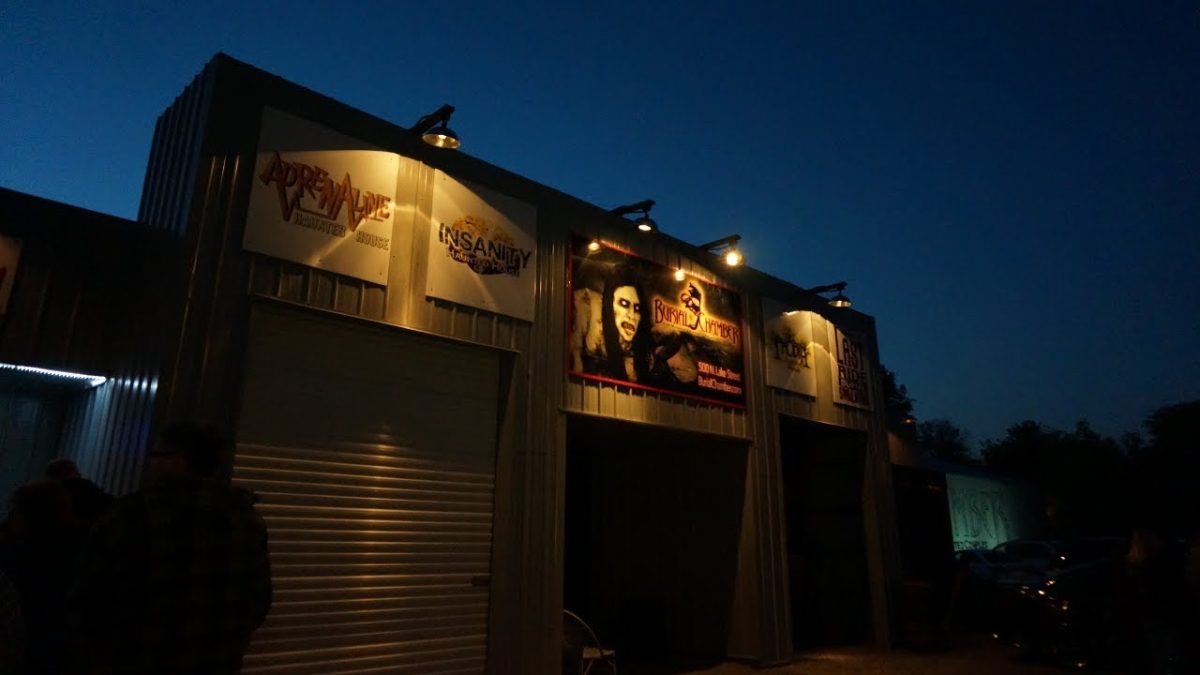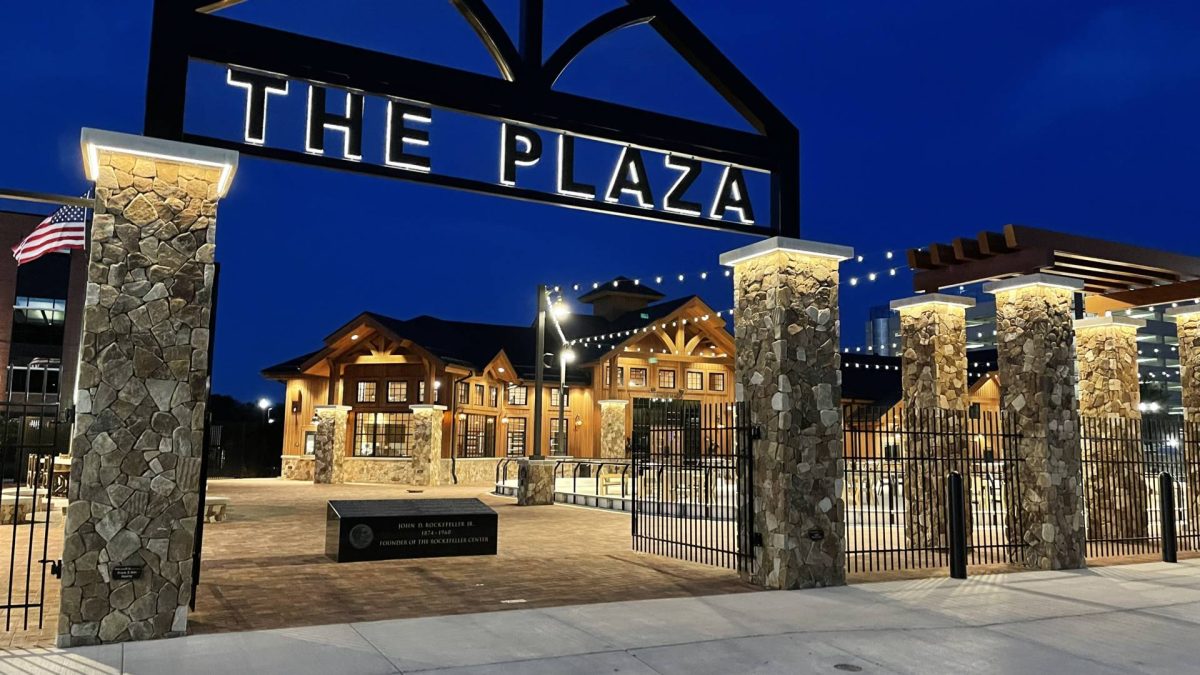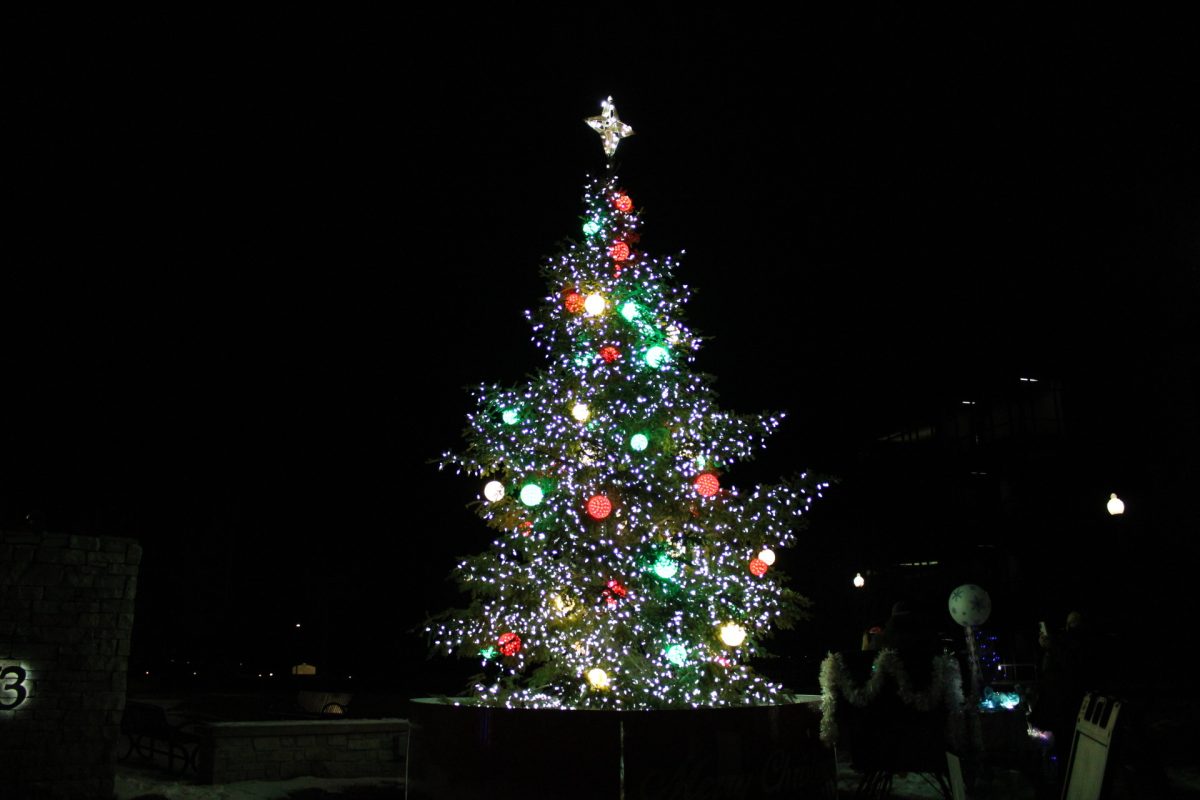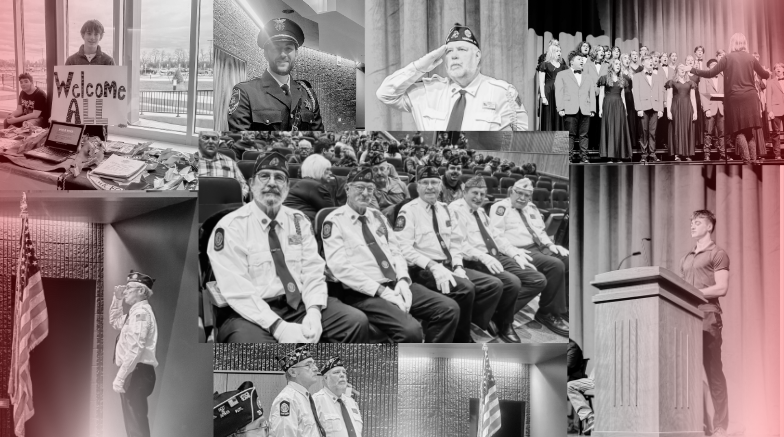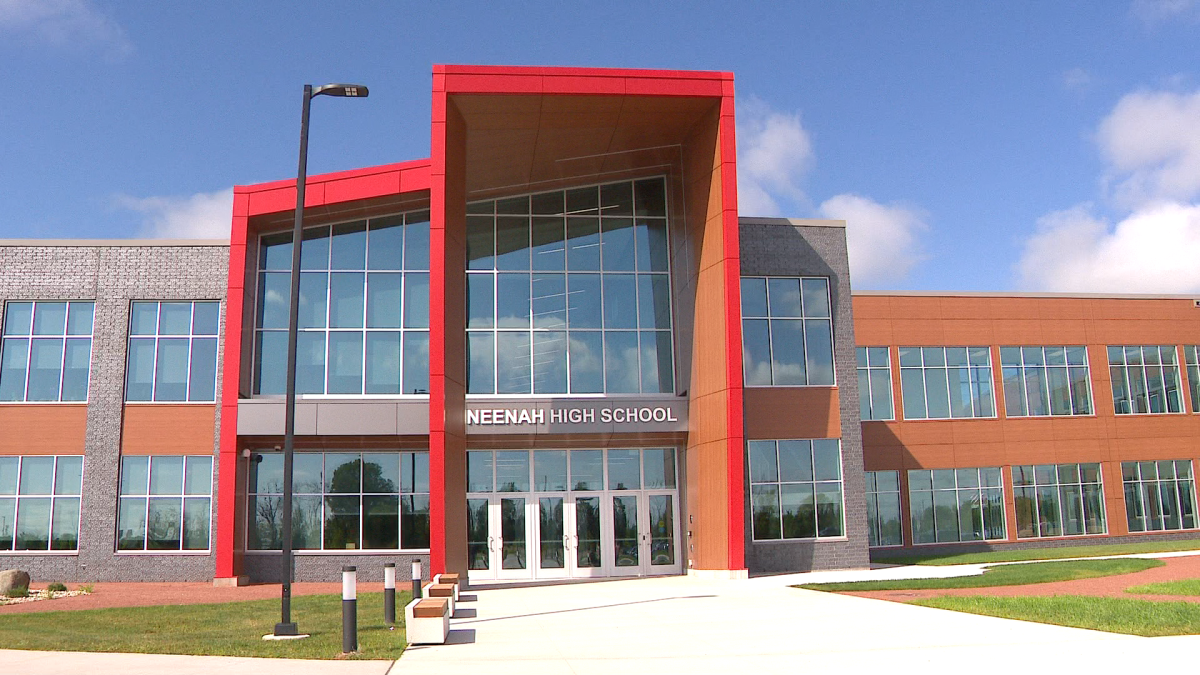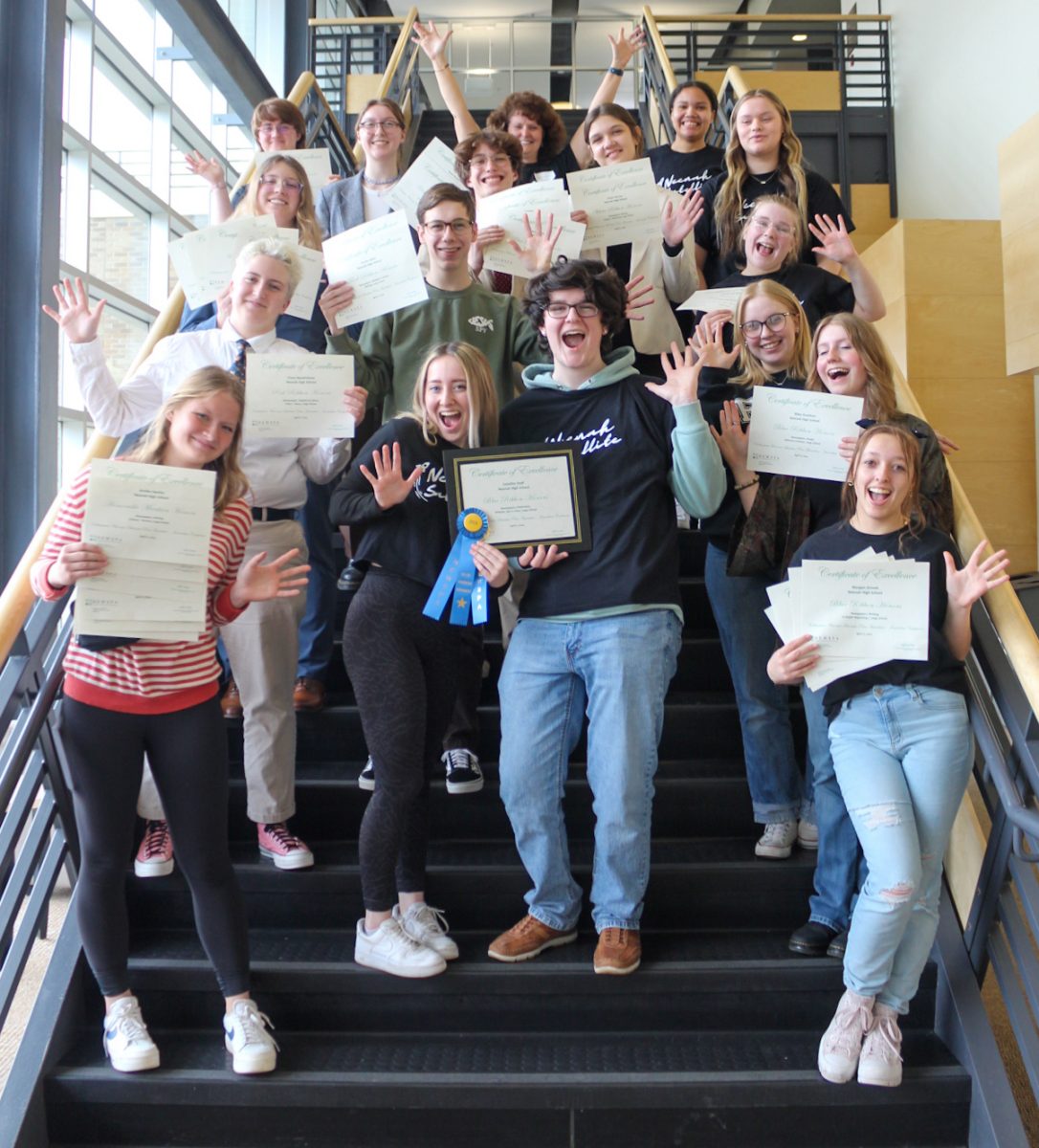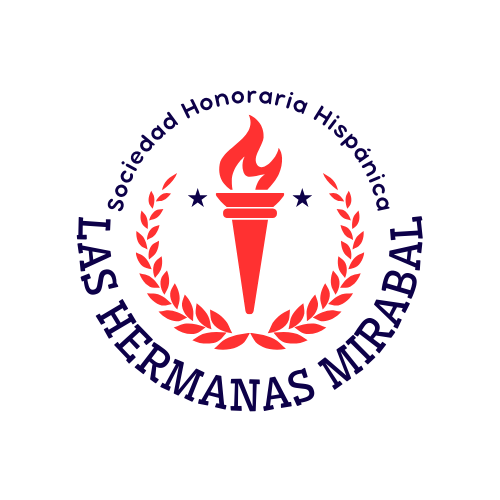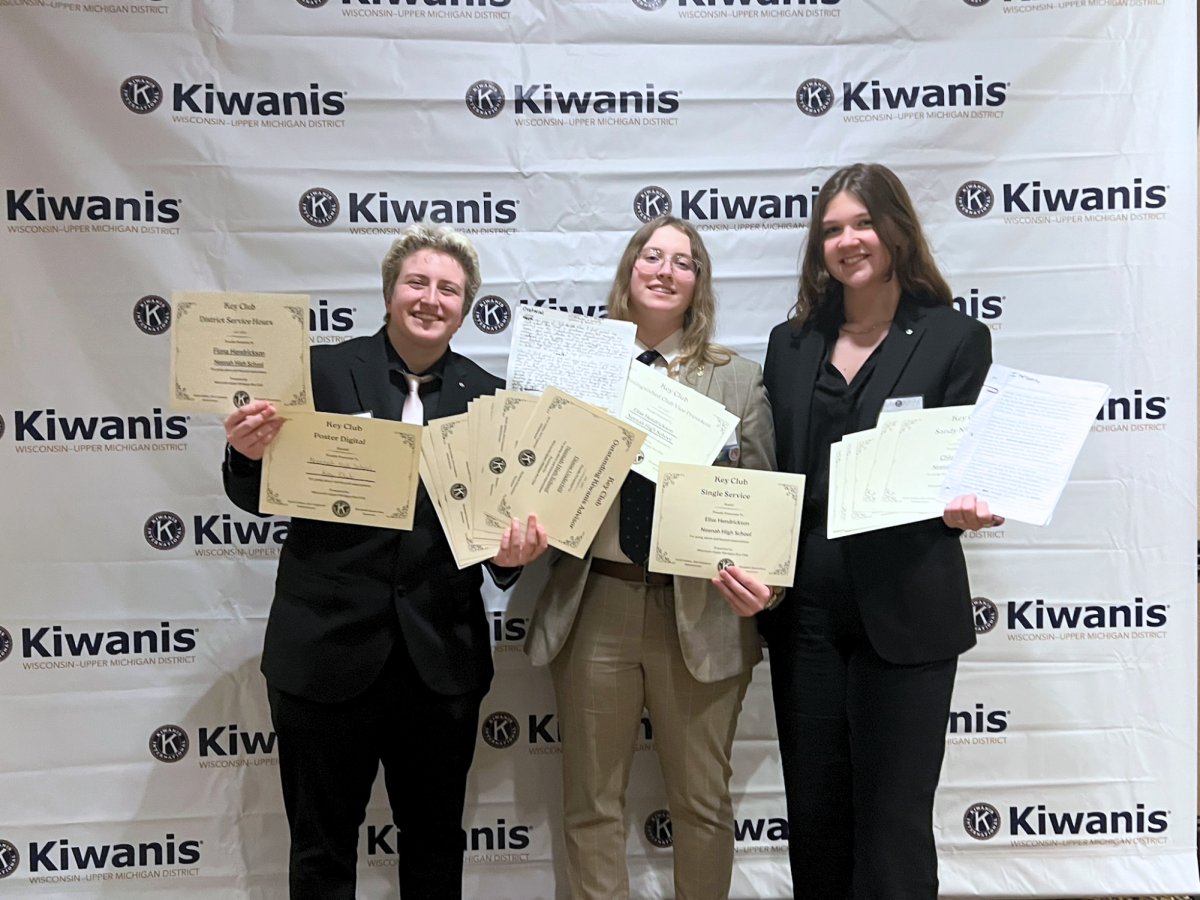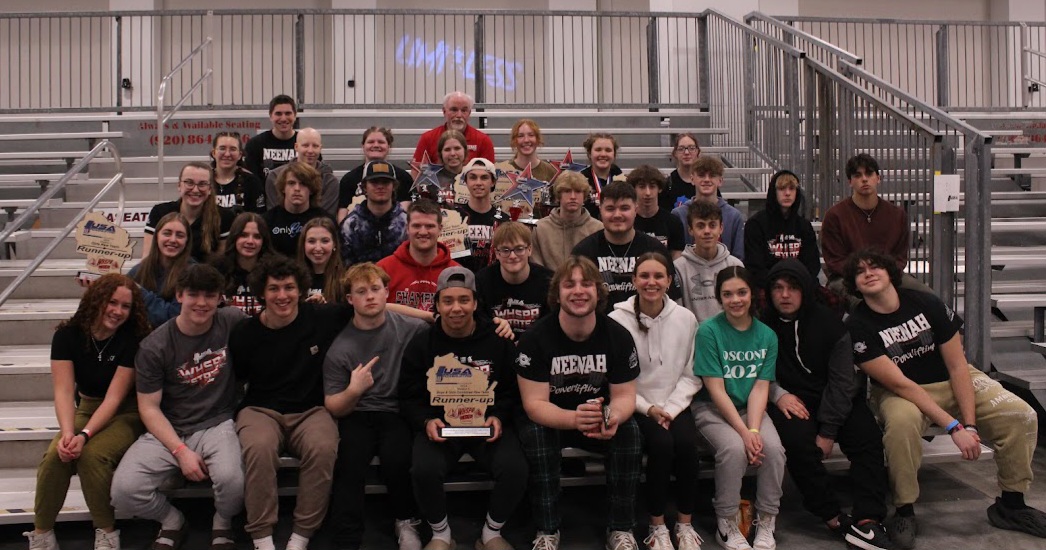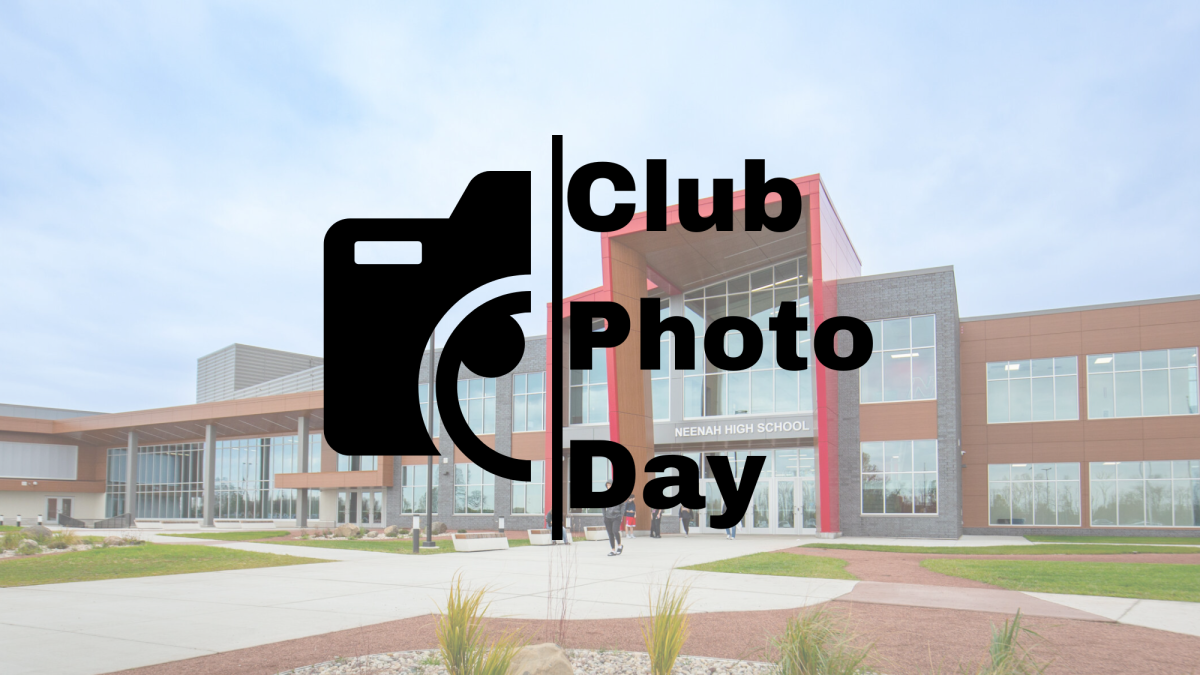NHS honored seven veterans within its school community on Nov. 11 (Veteran’s Day).
NHS students organized the veteran’s ceremony at the high school. The veterans, who are current teachers, were presented in the auditorium during sixth class on Monday. The student body was welcome to attend and join in the celebration of service in the different branches of military. The celebration featured: The NHS Band, Choir and Orchestra performance; Recognition of staff who have served; A preview of a Veteran’s Memorial that is being constructed in the Link; Staff and student presentations on the impact of being a Veteran.
The list of current veterans at NHS includes: Dale Elliot (social studies) – Air Force, Dave Shearier (social studies) and Ken Gilmeister (social studies) – Army, Wendy Hermans (math) – Army Reserve, Gregory MacDonald (special education) and Talon Myers (custodial) – Navy, John Morgen (social studies) – National Guard.
The Satellite contacted all of the veterans to tell their life stories, experiences and the reasons they joined the military with the goal of preserving their stories beyond the ceremony. Several veterans answered questions and shared their experiences being on the opposite side of the civil life.
Familiar to many students are teachers Mr. Gregory MacDonald and Mr. Dale Elliott. Both shared their stories how they started their military career.
The present veterans came up with the decision of enrolling the military college their junior year at school. “I was mostly looking for an education that included service to my country and understanding different parts of the world,” McDonald said as he recalls his youth memories of wanting to explore the world.
In contrast, “My father played a big role in this decision. He convinced me to join the U.S. Air Force instead of the Army,” Elliot said.
Neither one of them had military experience before being enrolled in different colleges at the age of 19. Young and full of courage teen-agers went to school and trained year round from 1971 to 1975 earning bachelor’s degree.
After graduations their roles and places to serve the country were different. MacDonald started his career sailing an amphibious ship to San Diego for three years as a Gunnery Officer while Elliot was working on the electronic radar packages of the F-4 aircraft and test equipment. As the years were going on, their locations were changing. Despite that, their life paths kept them safe from the experience of the real war movements.
The veterans’ relatives and friends felt both: worried and proud of them. Keeping in touch is important especially when far away and occupied with military. As MacDonald and Elliot married, their wives followed them to the most areas they served and on the weekly basis, they were able to contact their families through letters and phone calls.
“Being away from my family and only seeing them every couple of years,” was the most difficult struggle for Dale Elliot.
The reason to finish military serving has its own pre-story for each of the veterans. “I was ready to explore civilian life and not wanting a military career,” MacDonald said when he left the Army right after his first child was born in the year of 1980. In contrast, Elliot decided to continue serving for 23 more years. The veteran proudly shares that he retired as an E-7, Master Sergeant, in 1995.
Serving in military is hard both: physically and mentally. Young militaries had to combine education and trainings. “Days were very full.” It was difficult adjusting to all the military discipline and high demands of the milirary life. At times, it was extremely physically challenging. “I became more comfortable and confident by my junior year,” said MacDonald of his educational experience. Adjustment was the most difficult issue that faced the veterans, but he bravely passed it.
For example, as a midshipman, McDonald said, “We had to stay alert and focused for 12 and more hours cruising the ship in rough and stormy weather. Refueling the ship alongside a tanker in rough weather and landing marine and navy helicopters at sea was challenging at times.”
All the challenges and problems that veterans face makes them stronger and shapes their personalities. Military affected their life positions and the way to understand the world. McDonald notes that it helped he to become more confident and prepared for change and adversity.




